AAIH Takeaways on JPM24
Author: Alliance for Artificial Intelligence in Healthcare
With Contributions from:
Rafael Rosengarten, Ph.D., AAIH co-founder, Board member, and CEO of Genialis
Sarah Benson-Konforty, M.D, Managing Partner, 1010VC, AAIH Board Member
Stacie Calad-Thomson, Ph.D., Chief Strategy Officer of BioSymetrics and Vice Chair of AAIH
James Zanewicz, JD, LLM, Chief Business Officer of Tulane University School of Medicine and Treasurer of AAIH
Executive Summary
Ringing in each new year, the JP Morgan Healthcare Conference and its peripheral events in San Francisco (“JPM”) serve as the unofficial annual kickoff for dealmaking and investing in the healthcare industry. What began as a singular event highlighting one investment bank’s picks of companies to watch in the space has now become a week full of formal dealmaking, casual networking, and intel-gathering opportunities for both companies and investors. Most importantly, JPM allows attendees to peer into a crystal ball and predict the year ahead. While artificial intelligence (AI) has been a buzzy topic for years, the Alliance for Artificial Intelligence in Healthcare (AAIH) members reported 2024 as the year AI truly arrived in the JPM zeitgeist. With so many AI-themed sessions this season, it simply wasn’t possible to attend them all. At a post-JPM roundtable, after plenty of time to reflect, AAIH members distilled several key 2024 predictions and takeaways.
AAIH 2024 Predictions and Takeaways
The Gold Rush of 2024 is AI: San Francisco is where gold fueled dreams of striking it rich in the mid-nineteenth century. Many made it big, and many others went bust, but the nation as a whole made dramatic strides westward. That “rush” parallels what is happening in AI and Healthcare today, with novel drugs, better diagnostics, and improved care representing the new precious ore. Meanwhile, technologists in this space are rapidly deploying new-fangled picks and shovels to make it all possible. AAIH co-founder, Board member, and CEO of Genialis, Rafael Rosengarten, Ph.D., said, “Many individuals didn't find wealth in gold itself but rather in selling the tools and resources needed for prospecting.” In today's context, pioneers are both building the foundational technologies to leverage AI best and putting AI to the test in drug discovery, development, and delivery.
For “Traditional Companies,” the Tipping Point is now: After years of early-stage companies laying the groundwork for AI across the healthcare spectrum, the industry is coalescing around tangible promises. Traditional pharmaceutical companies are cautiously embracing AI innovation after understanding the need for a transformation in their industry vertical. Sarah Benson-Konforty, M.D., who brings a unique vantage point from her roles as a venture capitalist, strategic advisor to Pepticom, and also a board member of AAIH, observed Pharma has been “struggling in public markets, forcing them to focus more on a narrow drug pipeline– and place a hold on collaborations with more innovative companies to mitigate risk and bring short term revenues.” But now, “innovation is growing exponentially and Big Pharma is realizing the power of platforms and the importance of putting bets on AI to achieve long-term relevance and viability for their business.”
Data is Key: Stacie Calad-Thomson, Ph.D., Chief Strategy Officer of BioSymetrics and Vice Chair of AAIH, noted, “Data continues to be a theme threaded throughout all AI applications, and access to data is the rate-limiting step to true advances and applications of AI in life sciences and healthcare. We have been on an exponential curve for a while, and it’s starting to really tick upwards. Progress is being made, but it is hard to see the huge leaps on this trajectory because it is all happening so fast.”
AI is Unifying Stakeholders: “AI will continue to prove its unique ability to unite the diverse array of interests in healthcare because it can pull them together in a way unlike previous advances”, James Zanewicz, JD, LLM, Chief Business Officer of Tulane University School of Medicine and Treasurer of AAIH. The ability of academic medical centers, healthcare systems, and industry players to share and use data in different ways that benefit each entity, and these AI empowered with the right types of data, advance both operational aspects and scientific innovations in healthcare, coalescing to improve outcomes for all.”
Challenges and Opportunity on the Horizon: Importantly, when we talk about AI, we must also be aware of AI's real concerns and challenges. Zanewicz points out that public perception—and how to manage that effectively—presents some hurdles, but it is “something that needs to be addressed front and center. As a society, often, we do not understand where we are versus where we started. The development of AI has been on a slow curve for decades; spellcheck, for example, is one of the original AI applications familiar to most people. Zanewicz is confident, however, that “we have enough knowledge today to handle the increasing pace driving AI, but doing so effectively will require the right teams, mindset, and public education.” In moving forward, both Calad-Thomson and Zanewicz emphasize that data and access need to become more viable and that “barriers that enable companies to get data need to be taken down so they can move forward. It is not just access and equity, but how do we value that data appropriately and ensure the commodity doesn’t get undervalued by the industry and overvalued by healthcare systems and academic medical centers.” Addressing this issue will be a key trend in 2024 as the industry moves forward with AI.
Conclusion
In summary, JPM Healthcare Week provided several valuable insights into the healthcare and biotechnology sectors. These key takeaways reflect the industry's dynamic nature, with traditional pharma and biotech players cautiously embracing AI as nascent AI-driven companies innovate and drive change at a breakneck pace. There will be technological hurdles and gaps in culture to overcome, but the AAIH will continue to convene our members as we work to ensure the AI-driven future of healthcare delivers on its promise for transformative change.
